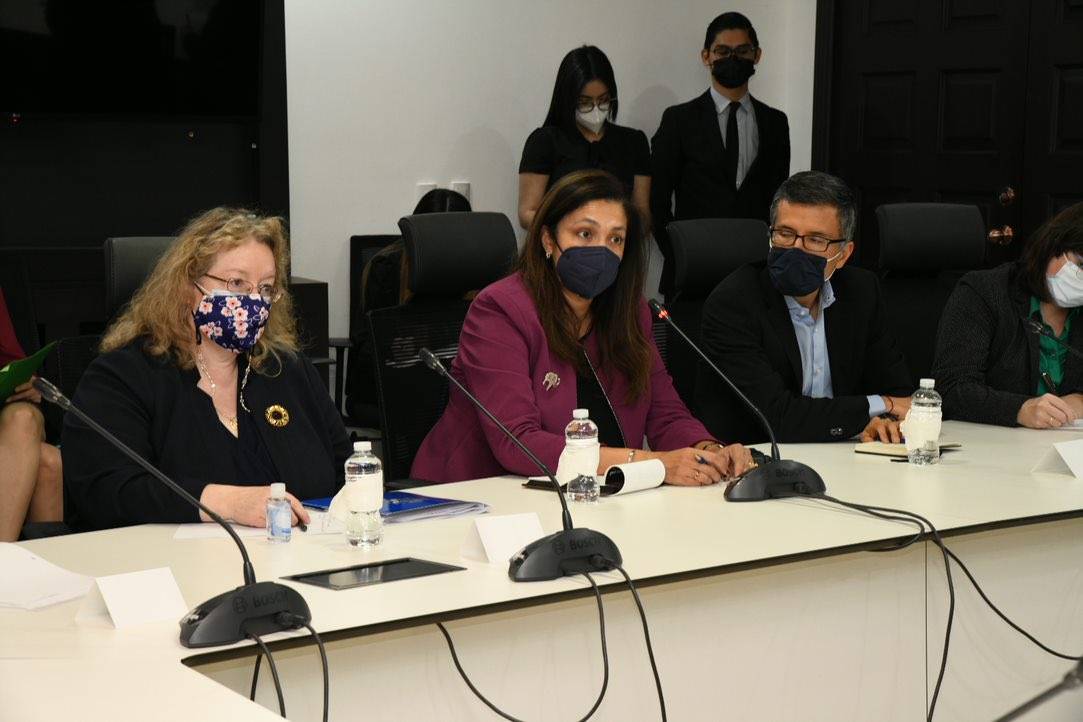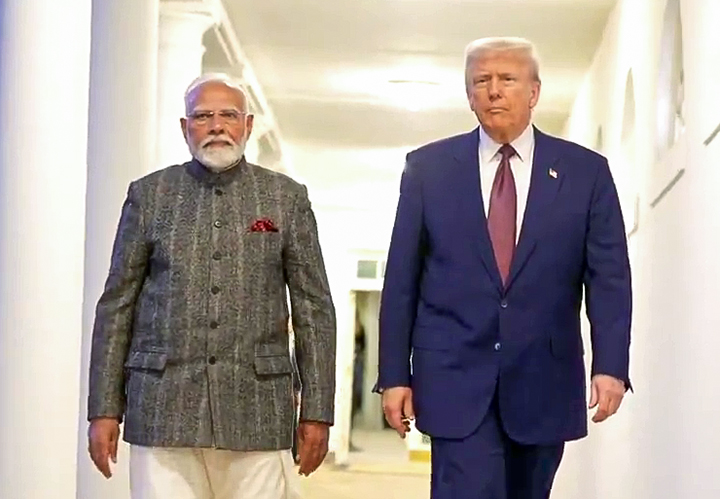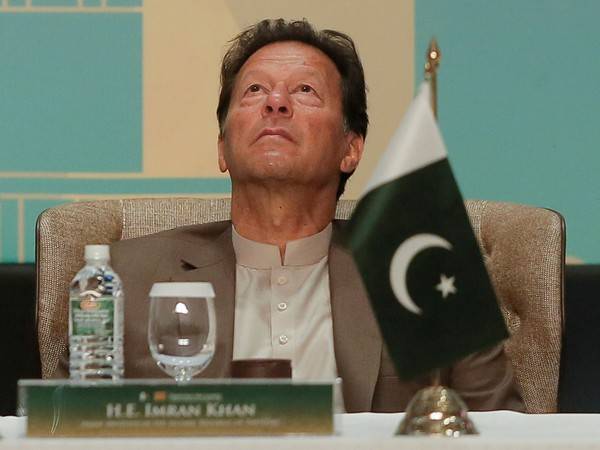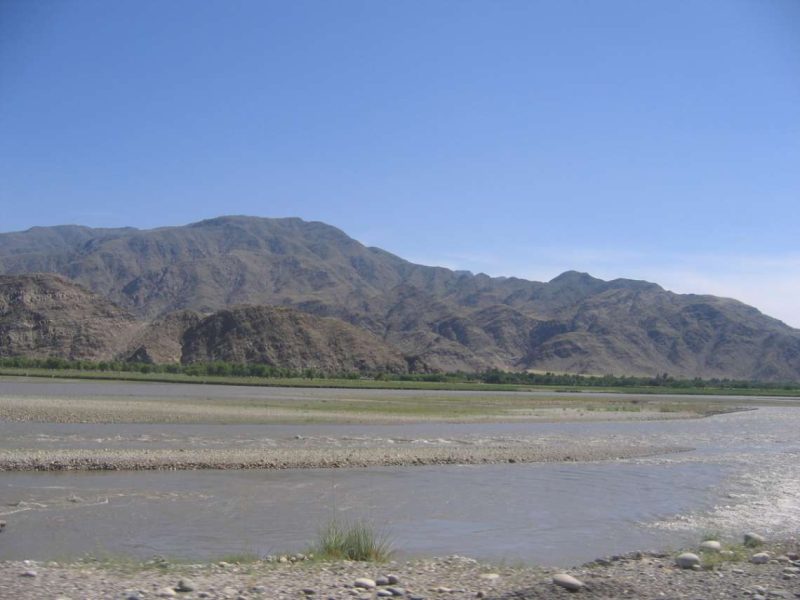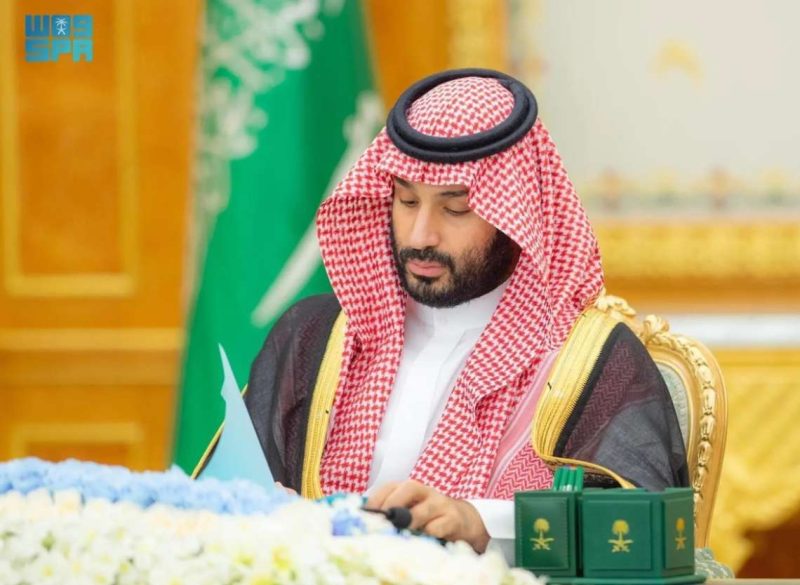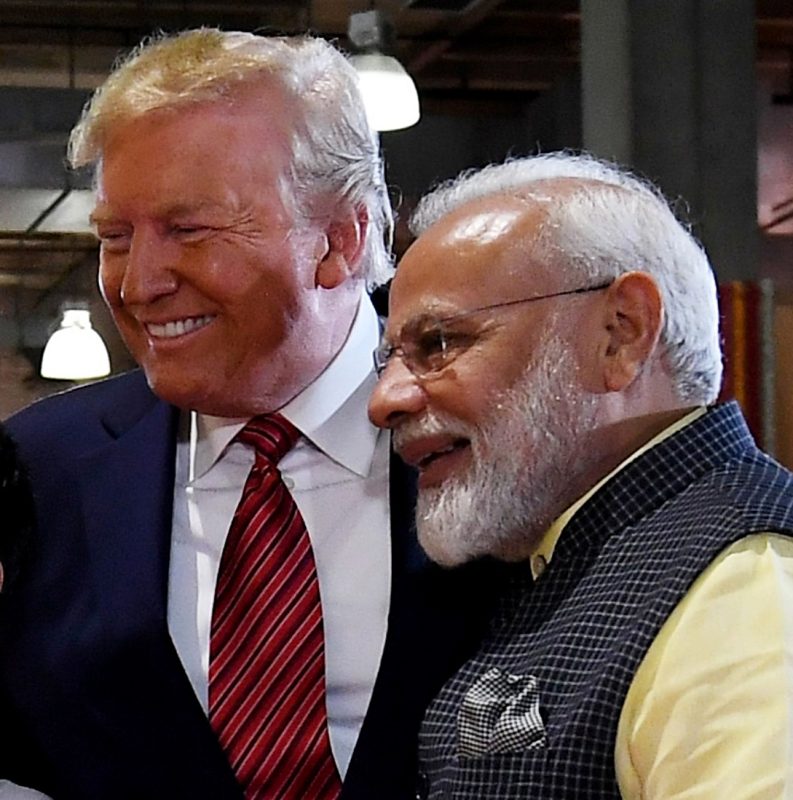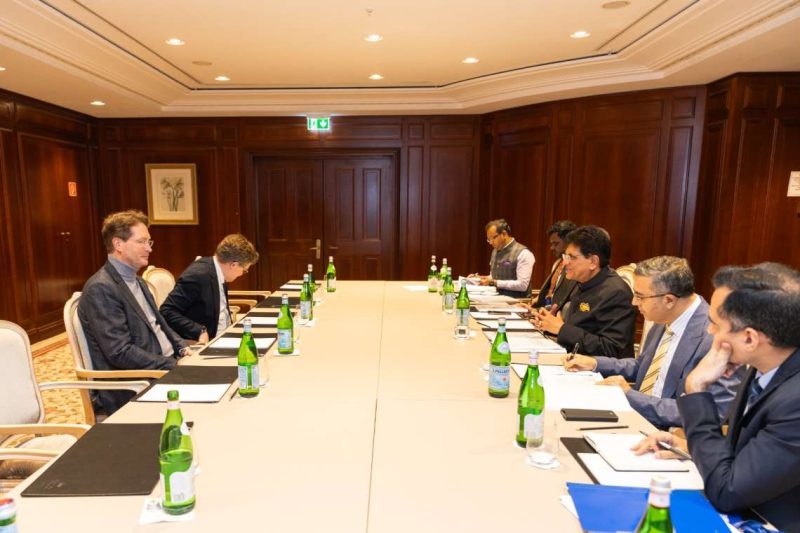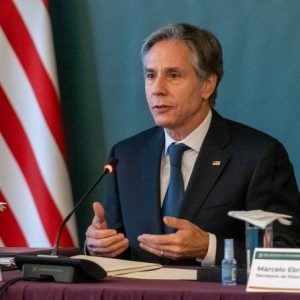The Indian-American currently serves as Under Secretary of State for Civilian Security, Democracy and Human rights — a position that has traditionally doubled as the special coordinator. …reports VISHAL GULATI
Taking ahead the Trump administration’s policy on Tibet and help promoting respect for the human rights of Tibetans, who have lived under China’s rule for over six decades, the Biden administration has designated Under Secretary Uzra Zeya to serve concurrently as the US Special Coordinator for Tibetan issues.
The Indian-American currently serves as Under Secretary of State for Civilian Security, Democracy and Human rights — a position that has traditionally doubled as the special coordinator. The Tibetan Policy Act of 2002 mandates the appointment of the special coordinator.
According to Secretary of State Antony Blinken, “I have designated Under Secretary for Civilian Security, Democracy, and Human Rights Uzra Zeya to serve concurrently as the United States Special Coordinator for Tibetan Issues, an important role she will take on effective immediately.
“She will also continue to serve as Under Secretary for Civilian Security, Democracy, and Human Rights, a position for which she was sworn in on July 14, 2021.”
Zeya will coordinate the US government policies, programmes, and projects concerning Tibetan issues, consistent with the Tibetan Policy Act of 2002, as amended by the Tibetan Policy and Support Act of 2020, said Blinken in a statement on Monday.
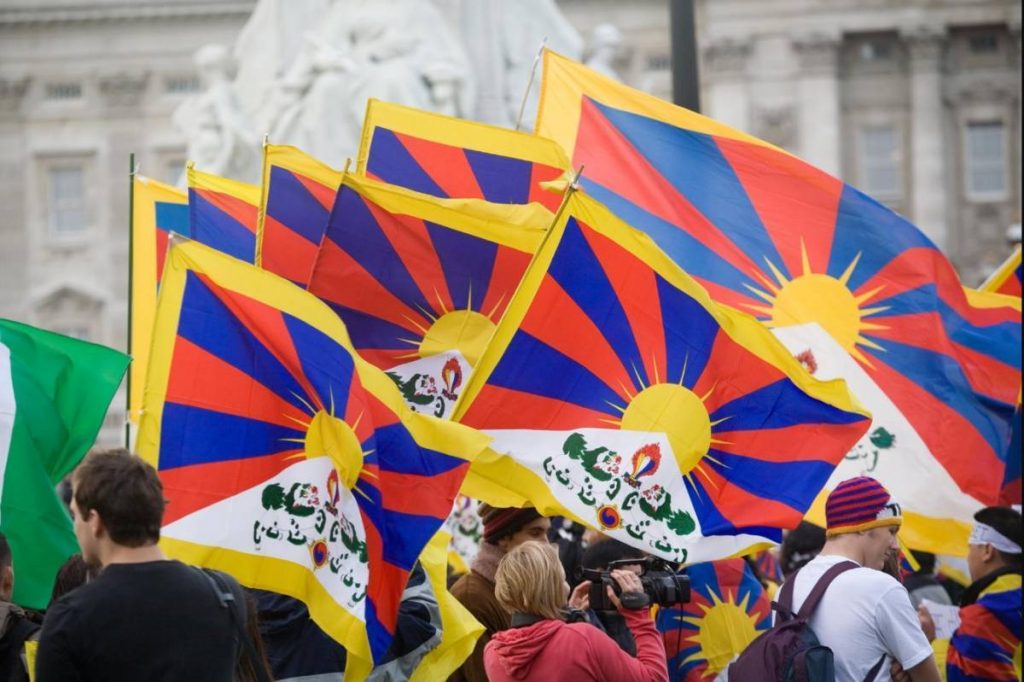
Specifically, she will promote substantive dialogue, without preconditions, between the government of the People’s Republic of China (PRC) and the Dalai Lama, his representatives, or democratically elected Tibetan leaders in support of a negotiated agreement on Tibet.
She will promote respect for the human rights and fundamental freedoms of Tibetans, including their freedom of religion or belief, and will support efforts to preserve their distinct historical, linguistic, cultural, and religious heritage.
She will further support the US efforts to address the humanitarian needs of Tibetan refugees and diaspora communities, including those in the US who have faced threats and intimidation instigated by the PRC.
She also will promote activities to protect the environment and sustainably manage the water and other natural resources of the Tibetan plateau.
Consistent with the Reciprocal Access to Tibet Act of 2018, Zeya also will seek to increase access to Tibet for the US officials, journalists, and other citizens.
Special Coordinator Zeya will work closely with Tibetan cultural, religious, and political leaders, the US Congress, international allies and partners, and civil society representatives on these matters.
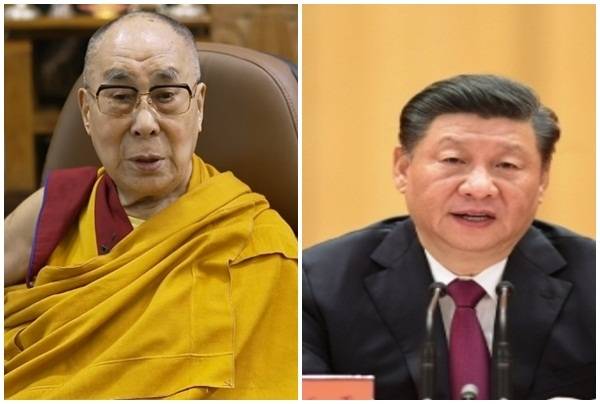
This designation demonstrates the Administration’s commitment to advance the human rights of Tibetans, help preserve their distinct heritage, address their humanitarian needs, and meet environmental and water resource challenges of the Tibetan plateau, the statement added.
Expressing gratitude on his appointment, Zeya, who has decades of high-level experience in US foreign policy, including on the issue of Tibet, tweeted, “I am honored to serve as the US Special Coordinator for Tibetan Issues. I am committed to promoting respect for the human rights of Tibetans and helping to preserve their religious, cultural, and linguistic heritage.”
Central Tibetan Administration (CTA) President Penpa Tsering thanked Blinken for her appointment.
“I look forward to working with @UnderSecStateJ to bring tangible progress in human rights situation in Tibet & resolve Sino-Tibet conflict through #MiddleWayApproach,” he tweeted.
Hailing her appointment, International Campaign for Tibet Interim President Bhuchung K. Tsering said, “We anticipate that as someone familiar with the Tibetan issue, Zeya will work proactively at promoting dialogue between the Dalai Lama’s envoys and the Chinese leadership, as well as at advocating for US interests in Tibet, and advancing the cause of Tibetan Americans and Tibetans around the globe.
“As mandated by the Tibetan Policy and Support Act of last year, we urge Special Coordinator Zeya to proactively take the lead in gathering support from like-minded countries to formulate a common approach on the Tibetan issue. We look forward to working with Special Coordinator Uzra Zeya.”
In a historic achievement for the Tibetan government-in-exile last year under the helm of Donald Trump, the US Senate has unanimously passed the Tibetan Policy and Support Act (TPSA) of 2020 that had been stuck at the Senate Foreign Relations Committee months.
Describing as a historic decision, then CTA President Lobsang Sangay had told IANS the Tibetan Policy and Support Act made it official the US policy that decisions regarding the reincarnation of the Dalai Lama are exclusively within the authority of the current Dalai Lama, Tibetan Buddhist leaders and the Tibetan people.
“Any interference by the Chinese government officials will be met with serious sanctions and be deemed inadmissible into the United States,” he had said.
In addition, the Tibetan Policy and Support Act formally acknowledged the CTA as the legitimate institution reflecting the aspirations of the Tibetan diaspora around the world and Sikyong as the President of the CTA.

It also authorizes a number of appropriations for Tibet and Tibetan related issues including (not less than) $8 million for Tibetan communities in the Tibet Autonomous Region and in other Tibetan communities in China; $6 million for Tibetan communities in India and Nepal; $3 million to strengthen the capacity of Tibetan institutions and governance in exile; over $3.4 million and $4 million respectively for Voice of America’s and Radio Free Asia’s reporting on Tibet and Tibetans; $1 million for Office of the United States Special Coordinator for Tibetan Issues, among others.
The Dalai Lama has been living in India since fleeing his homeland Tibet in 1959. The government-in-exile is based in this northern hill town of Dharamsala in Himachal Pradesh.


